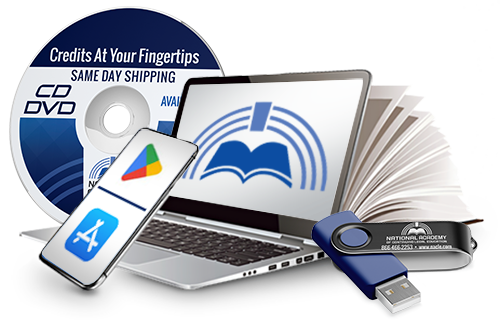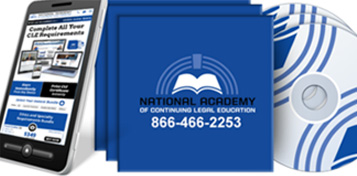About This Course
The author and lecturer, based upon over a half-century of litigation experience in the State and Federal Courts, will share his knowledge and experience on how to win cases without going to trial, while at the same time preparing you in case your case does have to go to trial.
The premise of this course is that the pre-trial discovery, pre-trial court conferences and motions, especially motions for summary judgment and to dismiss, in at least 90% of litigations culminates in either an out-of- court settlement or disposition of the case by motion practice.
The lecturer will draw upon his vast knowledge and experience to teach you the most effective ways to conduct pretrial discovery, such as taking and defending depositions, crafting document demands and responding to your adversaries’ demands, and all of the other discovery devices.
By obtaining key admissions from your adversaries, as well as admissible evidence from other means (such as non-party depositions, document demands), you will have what you need to evaluate the strengths and weaknesses of your case and your adversary’s case, in order to negotiate the best possible settlement for your client.
In appropriate cases, the same discovery that you used to evaluate your case and your adversary’s case, and prepare for trial, may also enable you to move for summary judgment or other summary disposition of your case (For example, if you are representing the defendant, to dismiss one or more causes of action in the complaint, or you are representing the plaintiff, one or more counter-claims in the answer).
The lecturer will also give you tips on how to increase your chances of success, when you do move for summary disposition of your case.
Finally, if your case becomes the one in ten cases that actually go to trial, the same pre-trial discovery that put you in the best position to negotiate a settlement or for summary disposition of your case, also gives you the “ammunition” to effectively try your case to conclusion and if necessary, have a record that will hold up on appeal.
*This course qualifies as a Transitional course and can be taken by both Experienced and Newly Admitted attorneys in NY.






